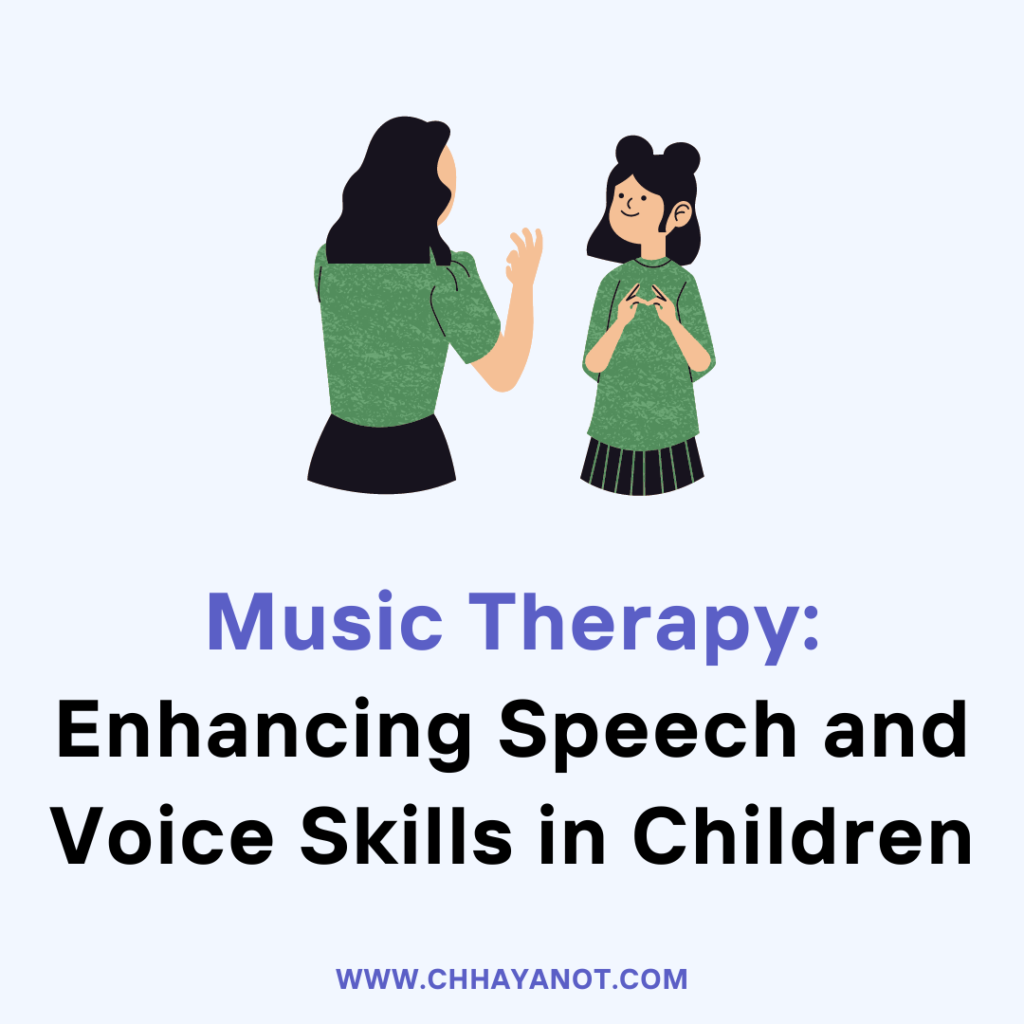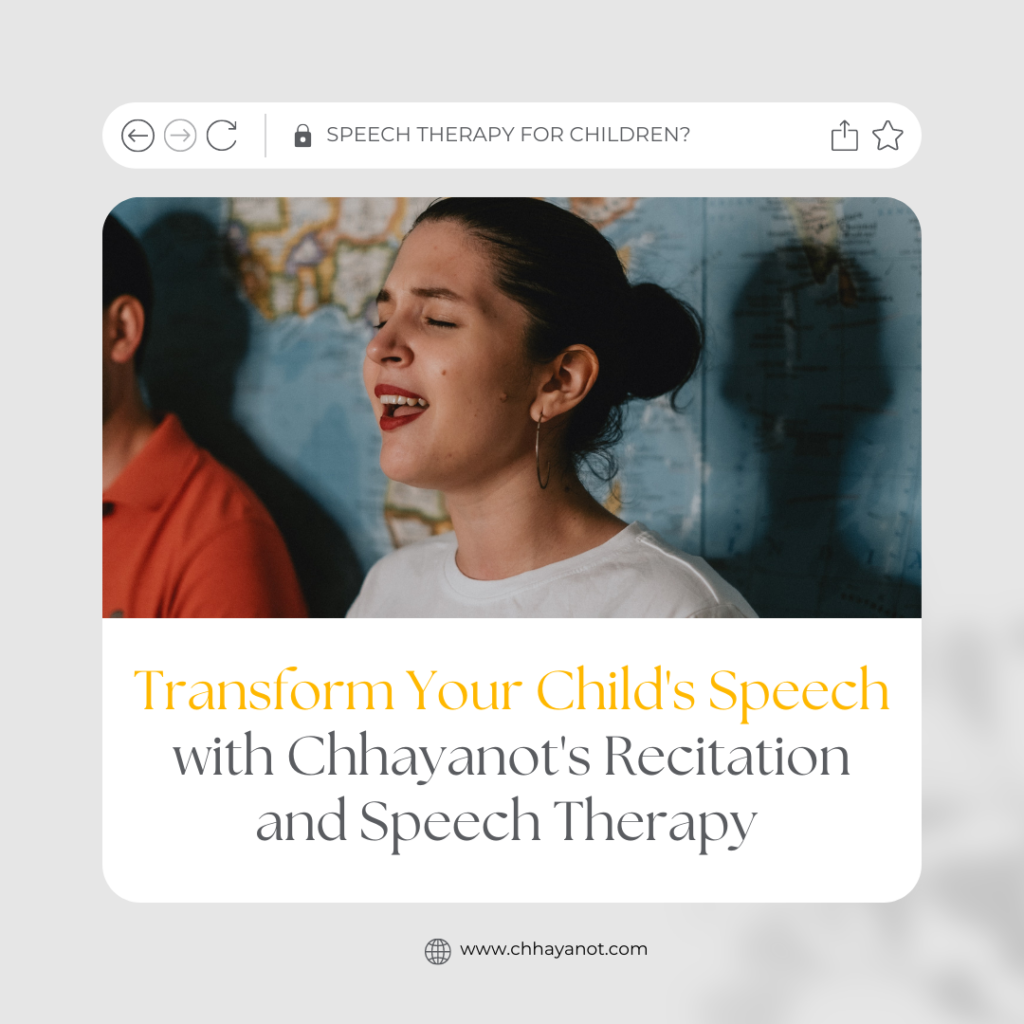Music therapy has emerged as a powerful and effective technique for enhancing speech and voice abilities in children who experience various speech and communication disorders. The integration of music engages children in a therapeutic process that is both enjoyable and productive, facilitating the development of speech and language skills.
The Power of Music in Therapy
At the core of music therapy lies the captivating ability of music to stimulate the brain and activate neural pathways that are fundamental to communication. Music exhibits a unique capacity to access diverse areas of the brain, including those responsible for language processing, memory, and emotion.
Music therapy offers a plethora of techniques to improve speech and voice skills in children. Incorporating various musical activities into therapy sessions can have a profound impact on their overall communication abilities.
Let’s explore some effective methods that utilize the power of music to promote speech and voice development.
Singing Songs: Singing plays a pivotal role in improving speech and voice skills. When children sing, they actively engage their breath control, pitch, and rhythm, leading to enhanced vocal abilities. Singing also facilitates vocabulary and language development as children learn new words and phrases through song lyrics. Research has demonstrated the efficacy of singing in supporting children with speech and language difficulties, including developmental language disorders.
Clapping Games: Engaging in clapping games is an excellent way to enhance speech and voice skills by fostering rhythm, timing, and coordination. These skills are crucial for speech production as they enable children to control their breath, pitch, and intonation. Clapping games often involve repetition and rhyming, providing opportunities for children to practice language skills and develop phonological awareness.
Playing Musical Instruments: Learning to play a musical instrument offers multiple benefits for speech and voice development. Playing an instrument requires good breath control, posture, and coordination, which can significantly improve vocal abilities. Additionally, instrumental learning helps refine fine motor skills that are essential for speech production. Research highlights the effectiveness of learning a musical instrument in improving speech and language skills, particularly in children with developmental disabilities.
Listening to Music: The act of listening to music contributes to the enhancement of speech and language skills in various ways. Exposure to different musical styles and genres aids the development of auditory processing skills, crucial for speech and language development. Listening to music also enriches vocabulary and comprehension as children learn new words and phrases through song lyrics. It has been particularly effective in supporting children with speech and language difficulties, such as those with hearing impairments.
Movement Activities: Engaging in movement activities, such as dancing or marching to music, promotes coordination and timing, which are essential for speech and voice production. These activities help children develop control over their breath, pitch, and intonation. Furthermore, movement activities enhance listening skills as children learn to follow instructions and respond to changes in music tempo and rhythm.
Musical Storytelling: Incorporating musical storytelling into therapy sessions enhances speech and language skills by fostering imagination, creativity, and listening abilities. These skills play a crucial role in speech production as they enable children to express themselves through language. Musical storytelling also facilitates vocabulary expansion and comprehension as children learn new words and phrases through the story and song lyrics. It has shown particular effectiveness in supporting children with language difficulties, including those with autism spectrum disorder.
By leveraging the power of music in these diverse activities, speech and voice skills can be nurtured and developed in children. Music therapy provides an innovative and enjoyable approach to fostering effective communication, empowering children to express themselves confidently in their daily lives.
If you are interested in learning more, I have a full playlist on youtube walking through various exercises that anyone can do to help improve their speech and voice, I also provide one-to-one classes for those in need, you can learn more about that here or contact me if needed




